 Training
Training
Clearly, education makes people more efficient and effective. This also applies to audits, which are becoming more complex and more important for organisations. Think of the complexity of information systems, the fraud cases that have been in the news in recent years, and the new EU GDPR (General Data Protection Regulation) privacy requirements.
IT governance and compliance are undoubtedly high on your agenda. After all, strict requirements are placed on transparency. In order to have and maintain control, board members, line managers, auditors, and risk and control managers must always be aware of the latest GRC (Governance, Risk & Compliance) developments.
 Audit coaching
Audit coaching
Our practical internal audit coaching pathways will help you in two ways. You deepen your knowledge of the audit profession and you gain a better understanding of its work methodologies. Coaching by our specialists always gives you a head start, so you are better placed to meet the audit profession’s many challenges. And in your audit department too, you can be sure of keeping control!
 Quality Assessment Review (QAR)
Quality Assessment Review (QAR)
By carrying out an external audit assessment, the internal audit department’s management is able to inform their stakeholders about the efficiency and effectiveness of the audit processes within the organisation as well as their compliance with professional practices (International Professional Practices Framework, IPPF).
The internal audit manager must develop and maintain a Quality Assurance and Improvement (QAIP), which has two objectives:
- compliance with Internal Audit Standards and Professional Practices;
- with the Code of Conduct by internal auditors



 Patrick Soenen: +32 477 75 78 61 - Monique Garsoux: +32 472 73 98 36
Patrick Soenen: +32 477 75 78 61 - Monique Garsoux: +32 472 73 98 36 info[at]qap.eu
info[at]qap.eu